Is Your Cesspool the Right Size for Your Property?
One of the biggest challenges cities face today is managing increasing amounts of sewage and wastewater. This problem has worsened because suitable land to dispose of these wastes is scarce. Also, the growing number of households coupled with the rise in industrialization has led to a sharp increase in wastewater production.
Fortunately, some cities are taking action to address this problem by using cesspools. According to the Environmental Protection Agency, over 20 people can use a non-residential cesspool. Constructing a cesspool can be complicated, therefore, you may need an
expert cesspool service provider to do the job. Here are some factors to consider when it comes to the size of your cesspool.
Volume of Wastewater
The size of your cesspool is based on the expected volume of wastewater generated by your household. According to the U.S. Department of Health and Human Services, most households generate less than 2 gallons per day. This small amount of wastewater would require a smaller cesspool than a larger home with a bigger family.
Building Codes
The construction of a properly functioning cesspool requires expert cesspool service. As such, the right size for a cesspool on your property may depend on the applicable building codes. Local building codes may require different capacities based on the amount of waste produced at any location.
Ground Geology
The ground geology is determined by soil type, substrate characteristics, water table depth, and groundwater. Understanding the suitability of the ground geology from an expert cesspool service helps you choose the right size cesspool, and other components of the wastewater treatment system.
Local Regulations
Local government regulations determine what size cesspools should be. This is usually determined based on the number of residents and distance from the city limits. City officials also consider the type of sewage disposal service offered and whether the area has existing landfills nearby.
Type of Cesspool
Your cesspool size may depend on the type of system you wish to have on your property. There are two factors to consider: water level and capacity. Water level refers to the depth at which sewage flows into the cesspool, and the greater the depth, the larger the volume. Capacity refers to how much wastewater the tank can hold before overflowing. A smaller tank is usually better because it does not require frequent cleaning.
Contact Busch Bros Cesspool Sewer and Drain Corp today if you need any help with your cesspool. We aim to solve problems and produce quality results for our customers.

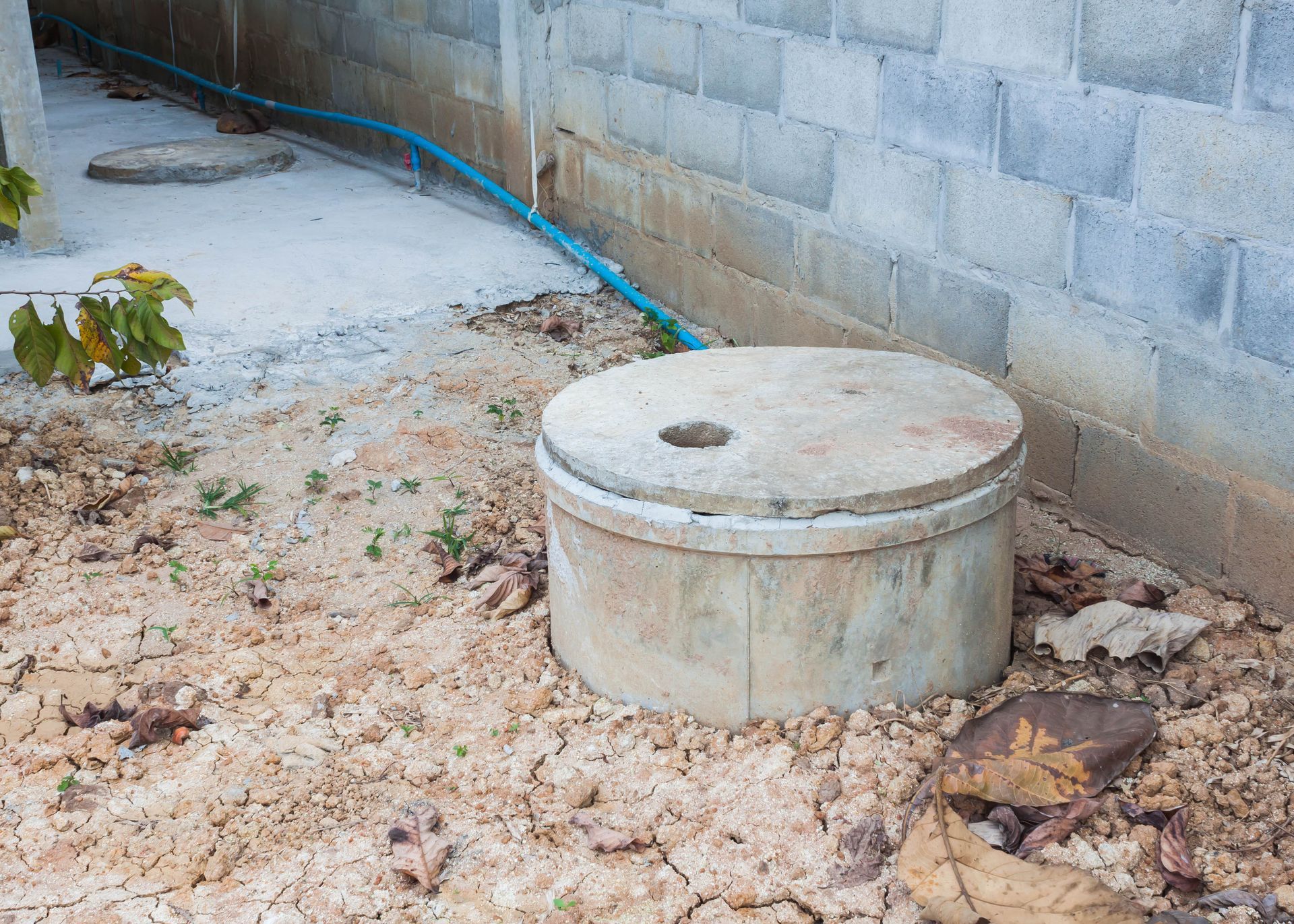
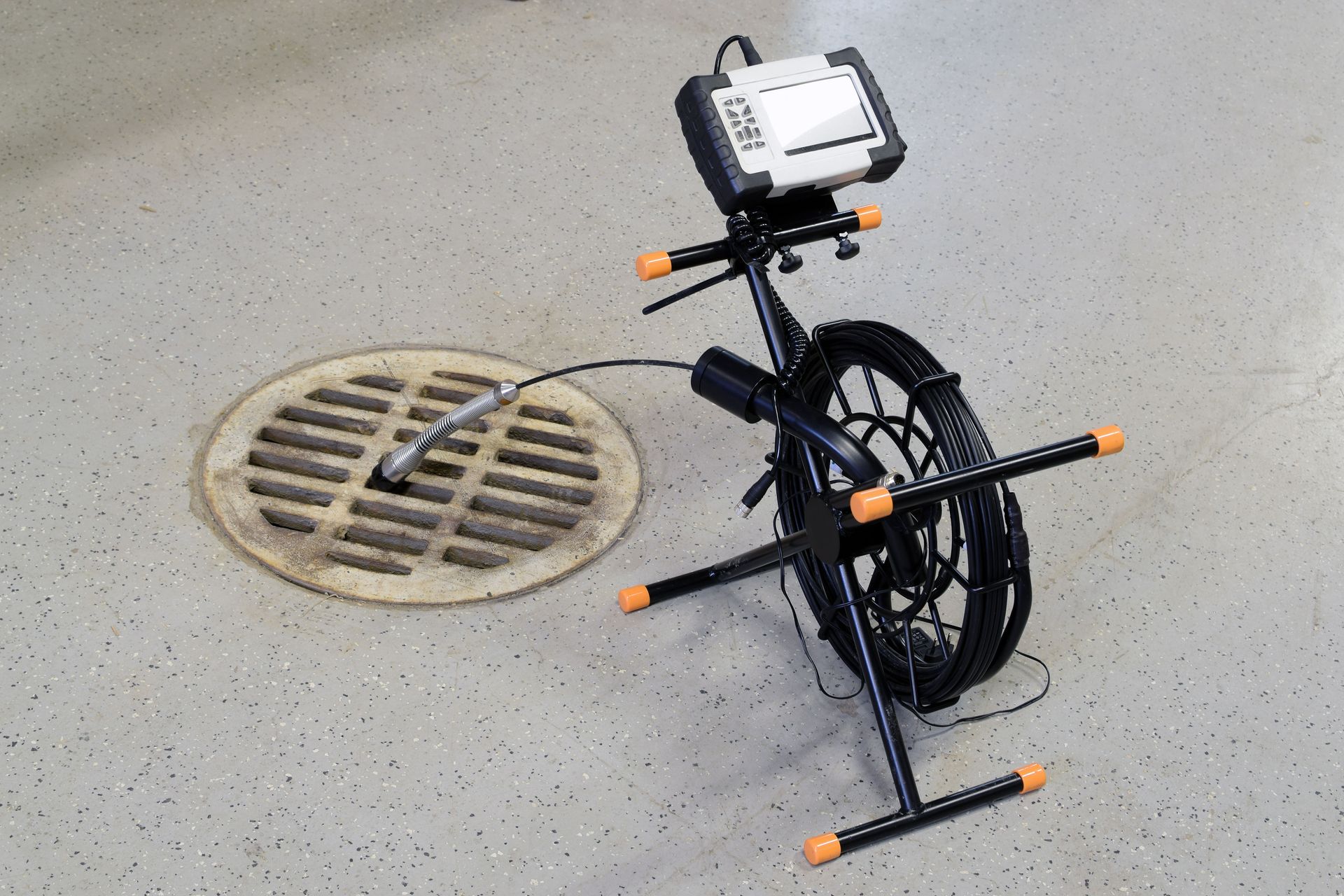
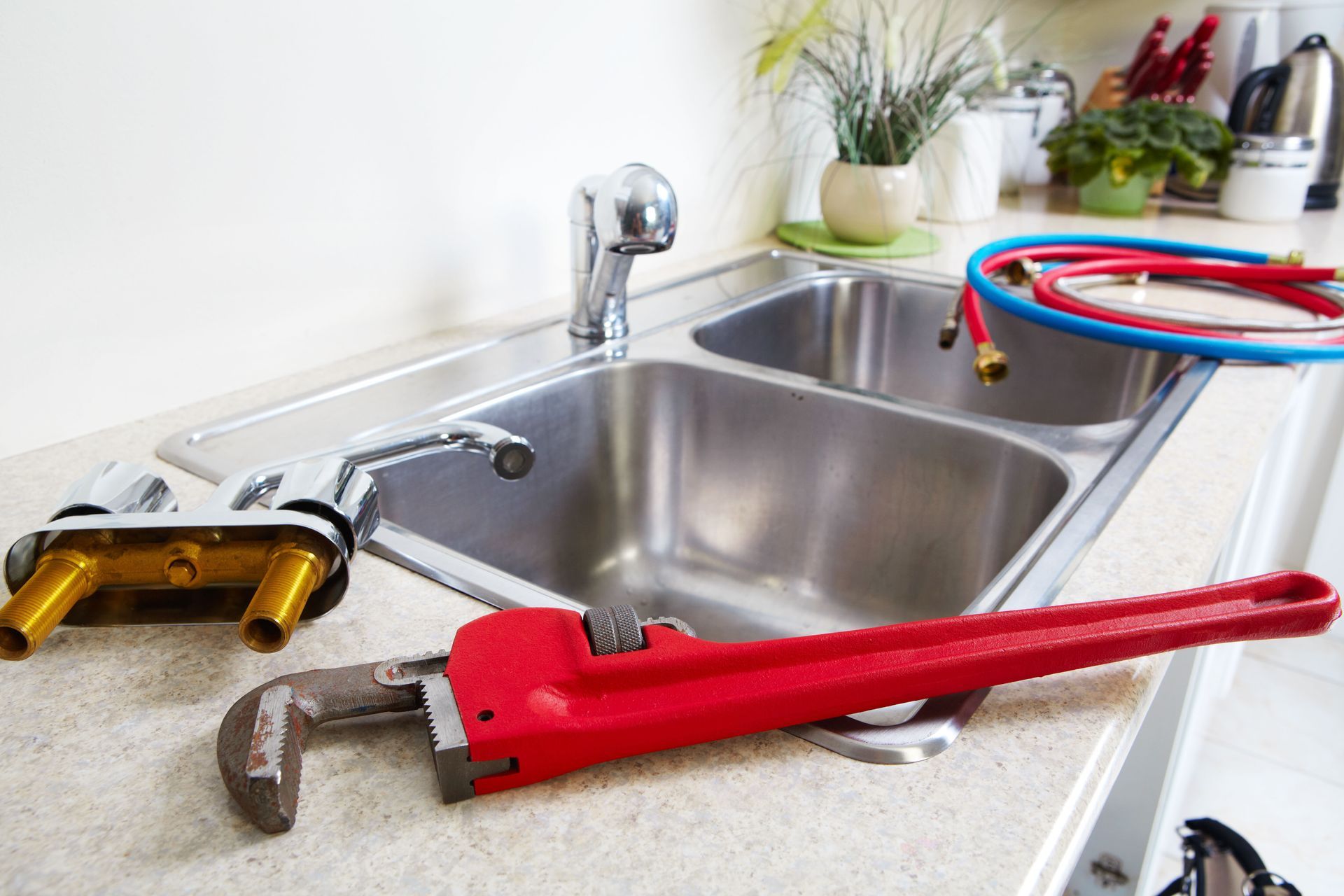
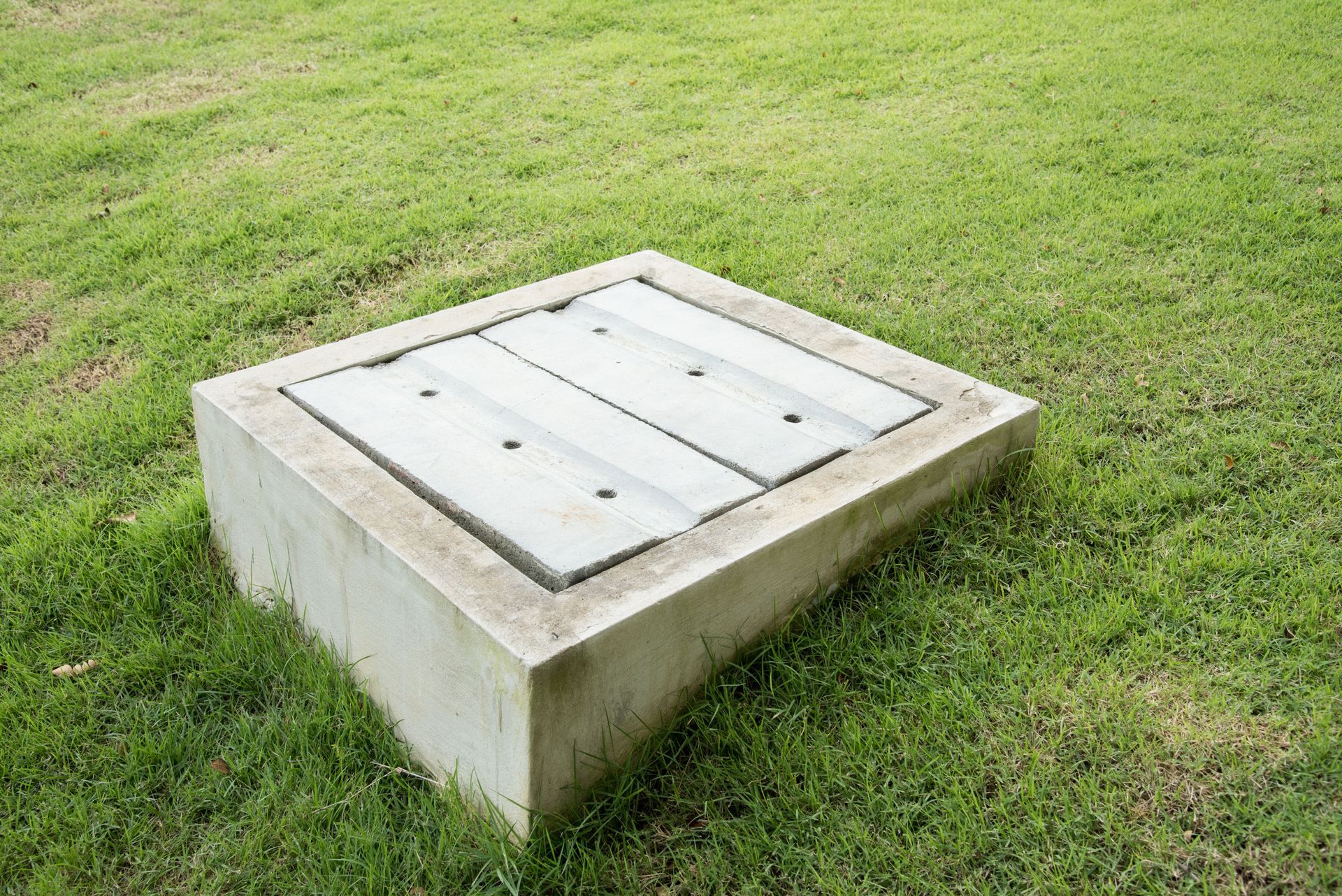
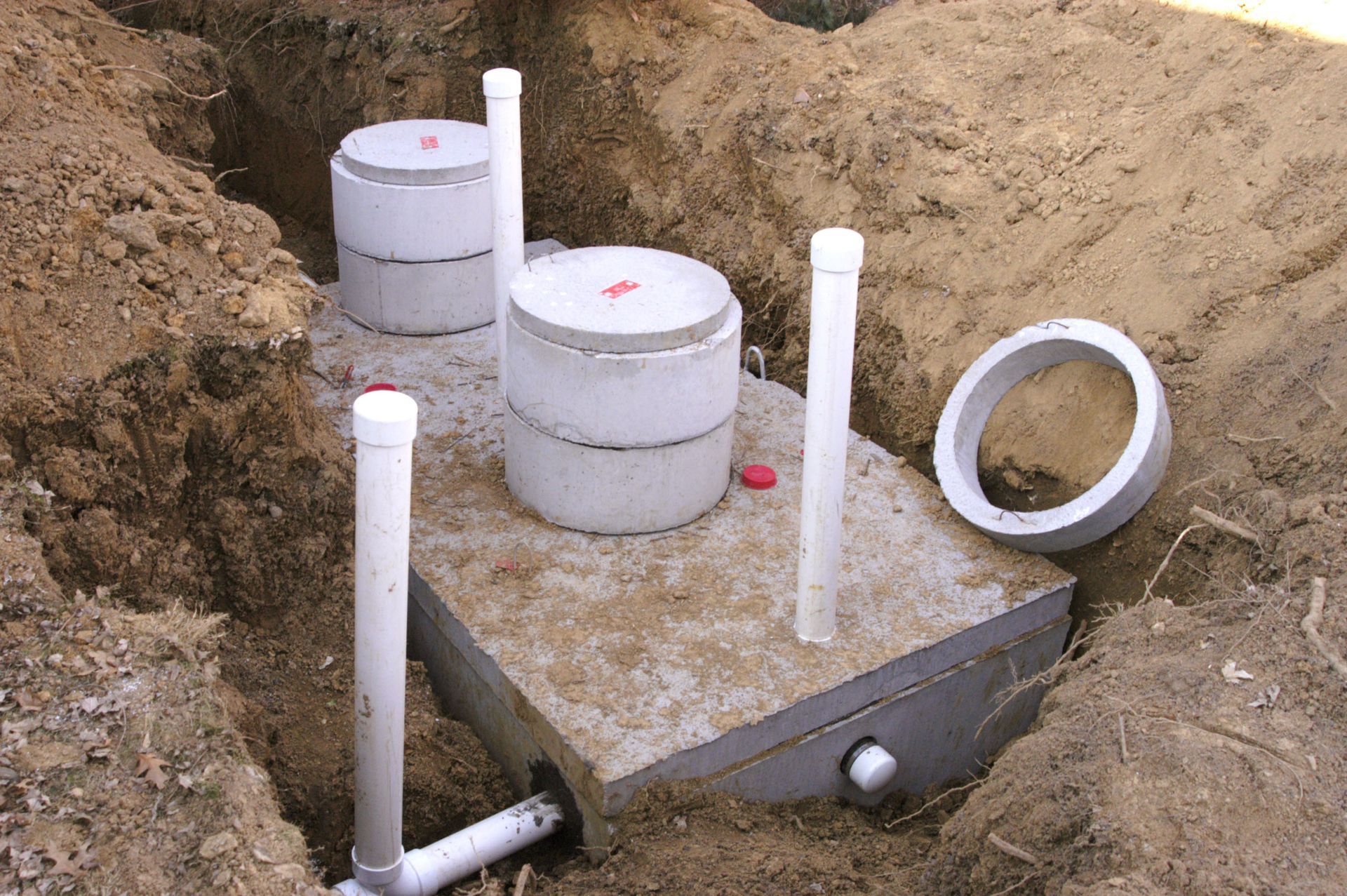

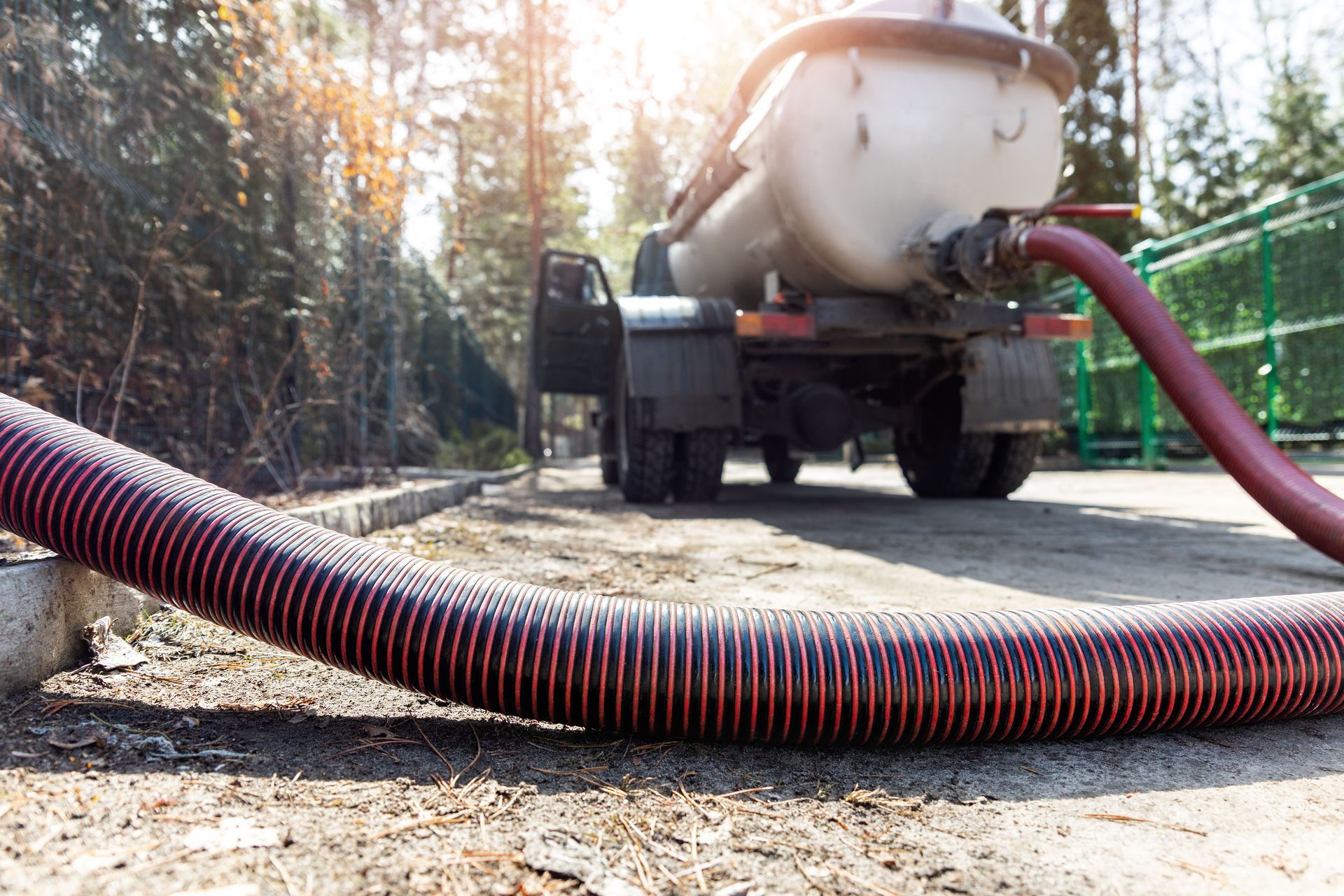

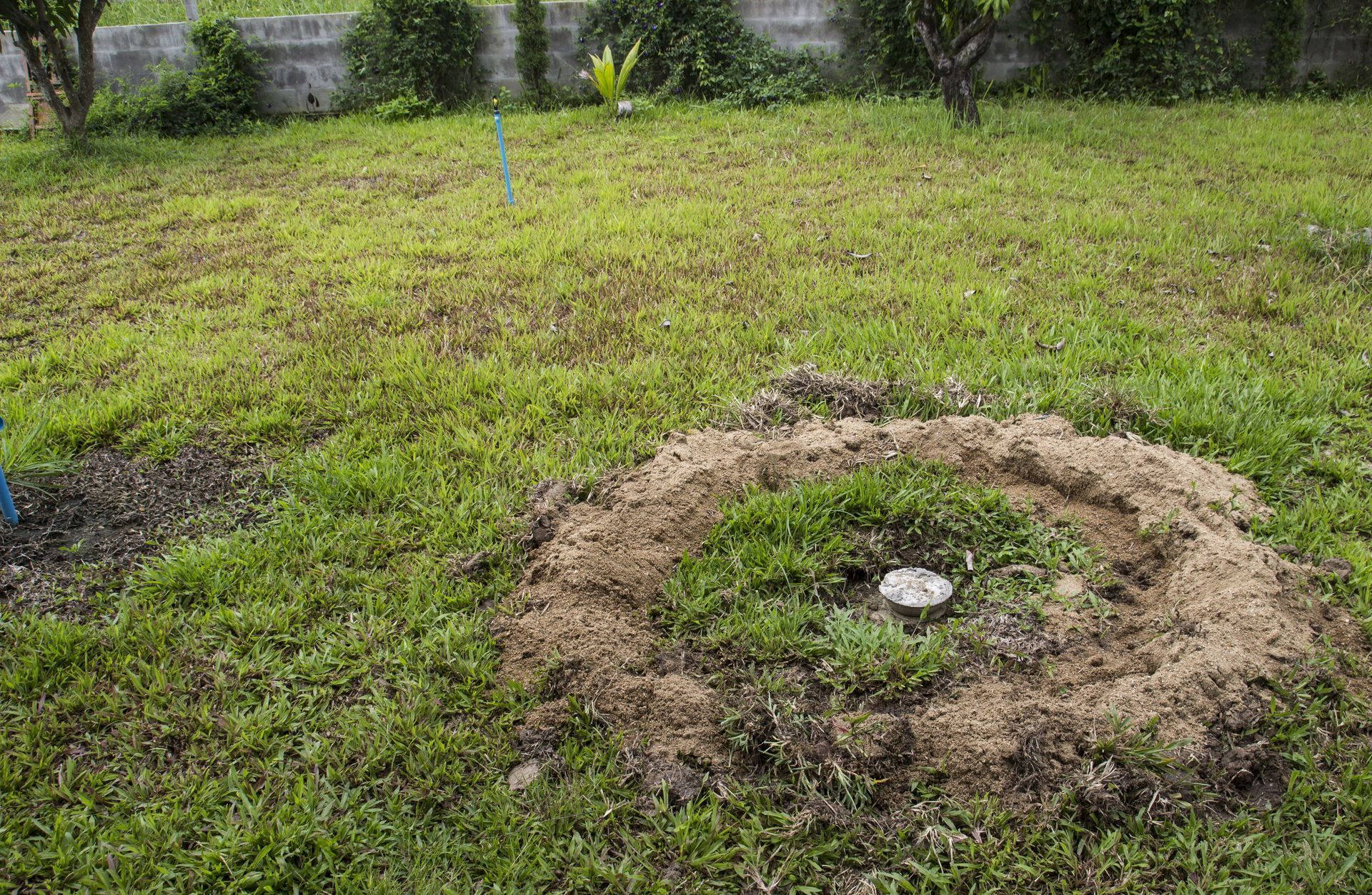
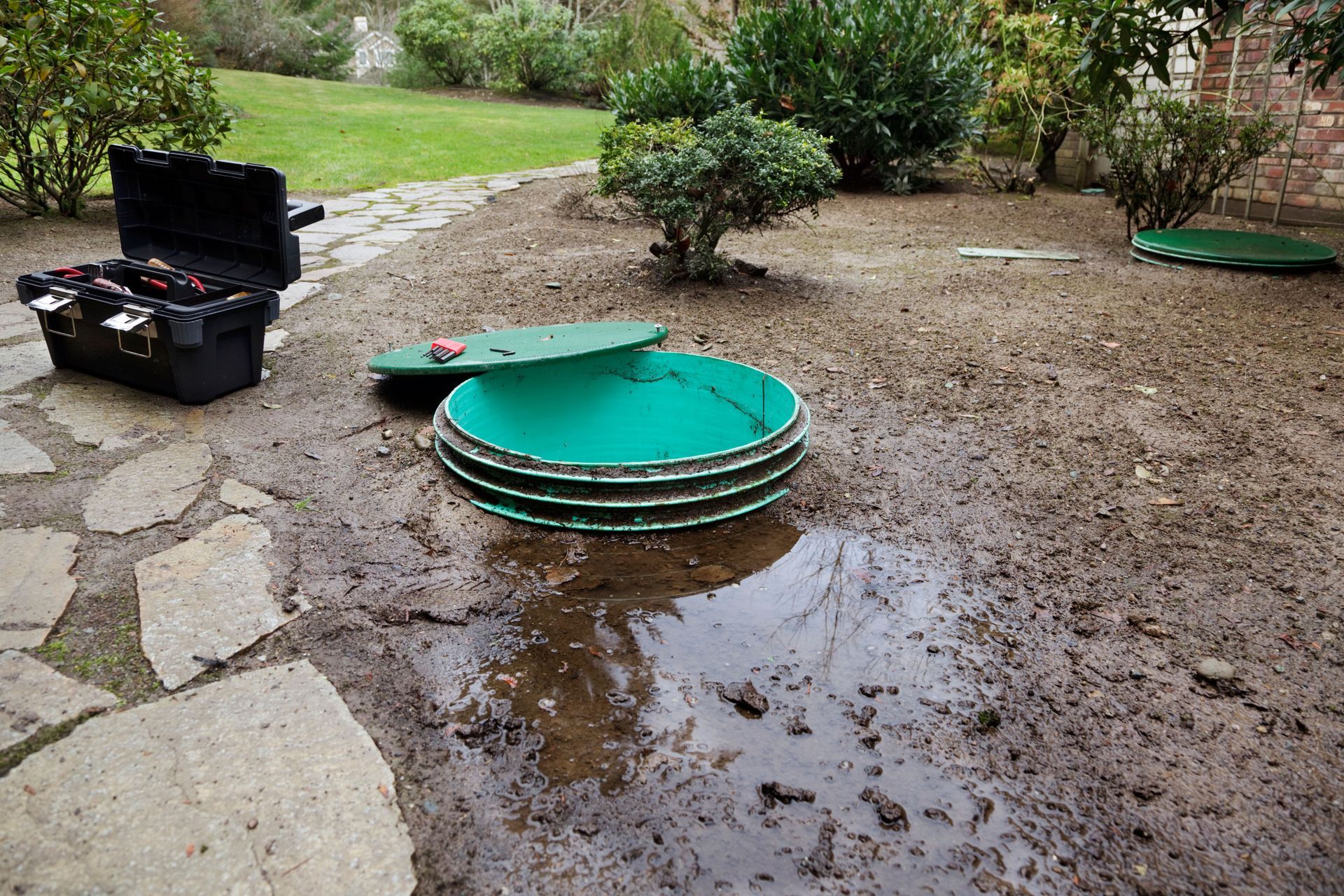
Share On: